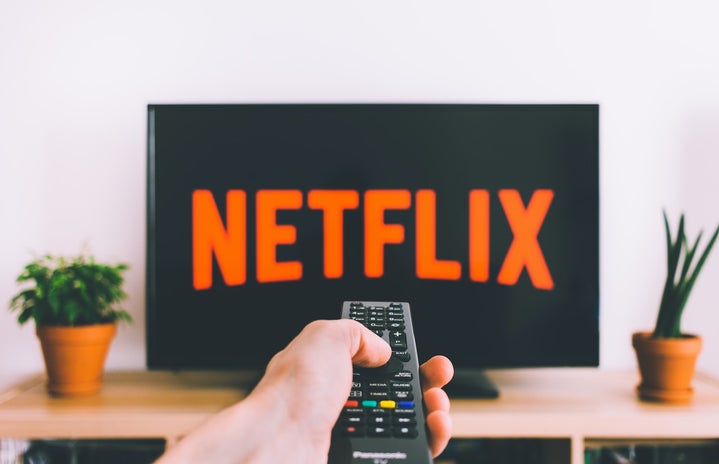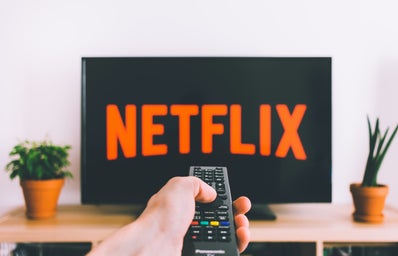**spoilers ahead**
‘Purple Hearts’ is a Netflix film released a little over a month ago. This romantic drama sought to gain rapid fame and quickly shuffled through the ranks to emerge as one of the top ten titles of the most watched Netflix projects.
Now set to become one of the most watched films on Netflix, this romantic flick seems like a pretty normal story revolving around the promising trope of a “slow burn enemies to lovers romance.” The intense success and talks about the film constantly spreading like wildfire perked up my ears and piqued my interest. I got into the film with nothing more than a vague idea of the plot, growing peer coercion to watch the film and just an infinitesimal hope to finally sort through the boring rom-coms and find something worth watching.
Little did I know I was setting myself up for disappointment.
Well, it was not a disappointment, much rather a distorted daze and a bitter taste in my mouth, that maybe what I had witnessed was not just a mildly intriguing romance film but some ulterior ideological dilemma being shoved down my throat.
The film revolves around a struggling musician who gets diagnosed with Type A diabetes and her resolve to make a professional mark in the music industry. All this while she tries to navigate this newfound medical roadblock, along with an extremely suffocating, ever-growing debt, where just the bare minimum of survival requires her to be well-moneyed.
On the other hand, we have another character, a recovering addict, whose only escape from the oppressive hands of drug dealers and his father is to join the military. The film follows their marriage, initially based on a strictly mutual financial agreement, which slowly turns into an actual romance in the backdrop of shared trauma bonding. And yes, they do end up together and share moments of true love right before he is dispatched to five years of compulsory military service.
The entire theme of the story is quite a unique one, but what kept bugging me throughout is how the other underlying issues were constantly swept under the carpet. Yes, the entire idea of both of them falling in love under such a peculiar circumstance awed me, but what took me more by surprise is how many sensitive issues were just casually thrown around. It felt as if all the real-life implications of these were only existing to fulfill the trope of a slow-burn romance.
Foremost of them all was how the female protagonist, Cassie, was shown as an independent woman of her own making, who refused to be suppressed by the misogynistic and oppressive ideals of people around her. But during the course of the movie, we witness her in a constant battle, ready to throw away all her beliefs to the wind, just because she was falling in love with a man who was the mortal personification of the very same ideas that she was fighting against. Although I agree that we’ve all grown in a society that has always preached relationships being all about tolerating and accommodating differing beliefs, this dynamic restructuring of her entire persona seemed a bit irksome.
Not to mention that even though the male protagonist, Luke, was a mildly toned-down version of what seemed to represent the “American Ideal Man,” his colleagues in the army were certainly not so. I agree it was necessary to show the stark polarity of the protagonists’ lives and the utter paradoxical situation that defined their relationship; some off-handed comments just stuck as unnecessarily tone deaf and aloof. There were several instances where the marines were shown to be using blatantly homophobic and racist comments in heated arguments and seemed to propagate a white supremacist ideal that the USA unsurprisingly strives to function in.
On top of that, the easily alterable socially ethical ideals of Cassie were enough to leave me with a skeptical view of the film. Romance films like this usually work on normalizing the opinions of many easily manipulated young teens, with only a vague idea of how love should work out in the real world. That they might grow to believe that altering your humane principles, just for the sake of finding love, is acceptable, is a bothersome thought. The only question that arose in me was, “Are we, as a society, this exhausted of other softened plot lines for romance that we have to resort to casual racism and bigotry to prove our point of true love?” Needless to say, I will ponder on the social implications of this film and hope that it doesn’t influence a society full of malleable young minds in the future.


